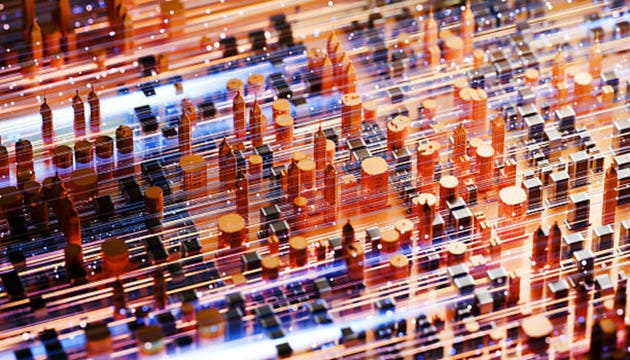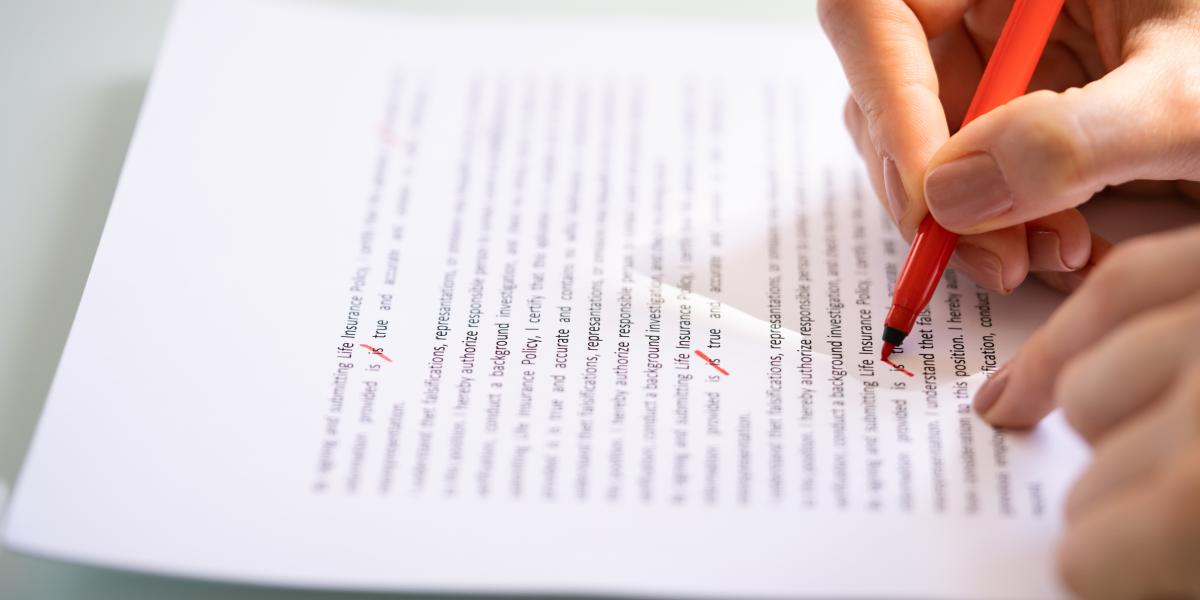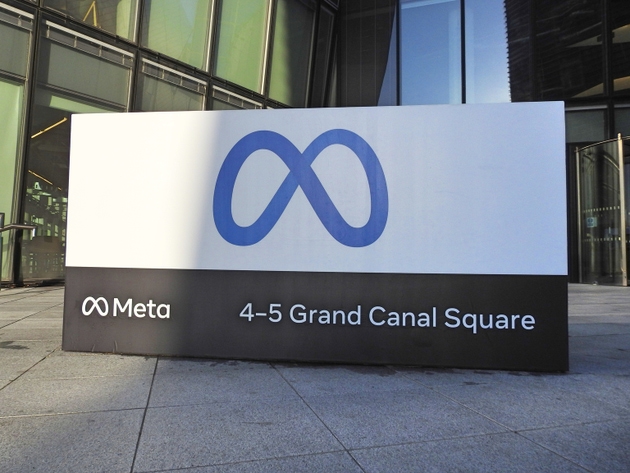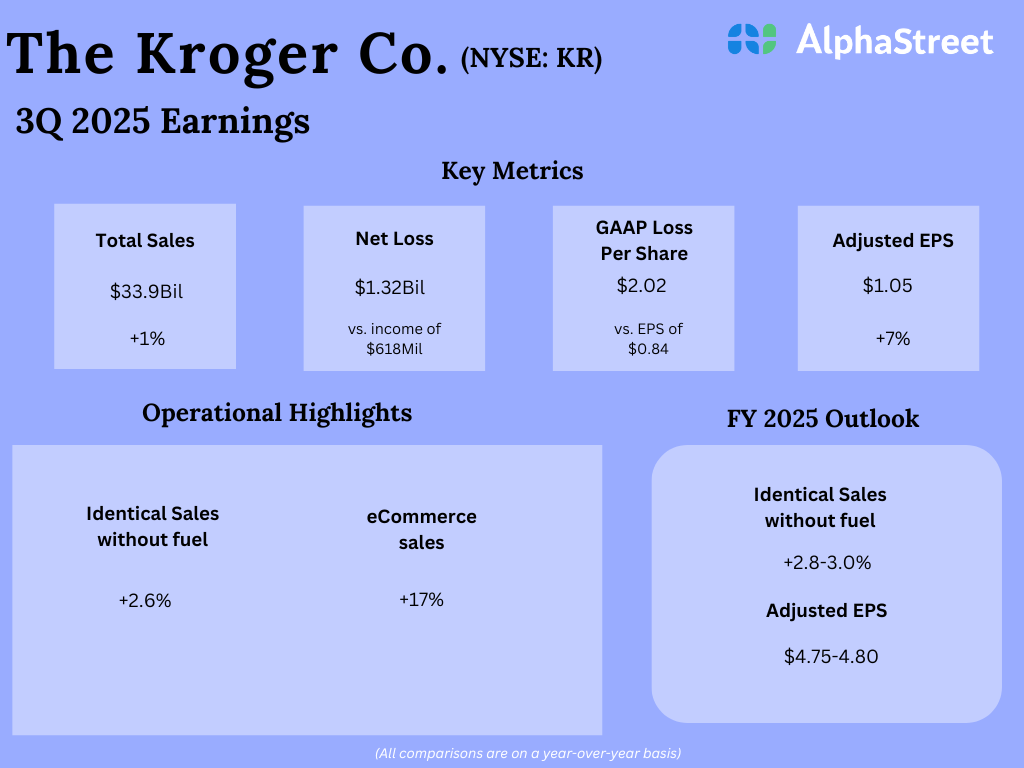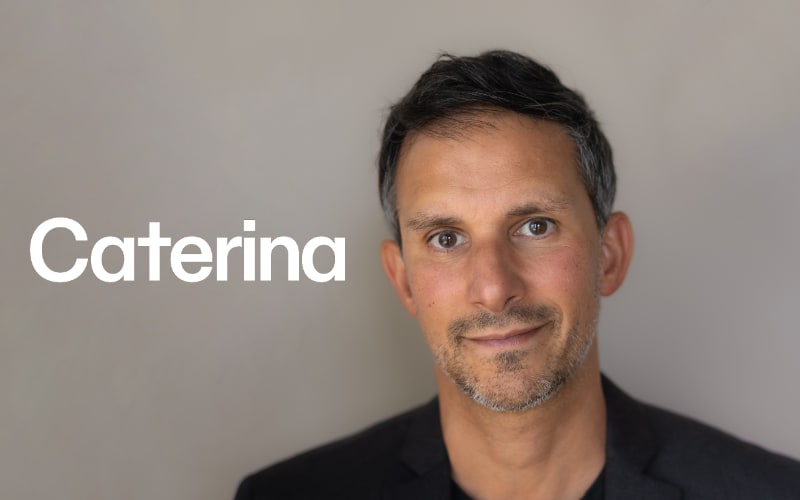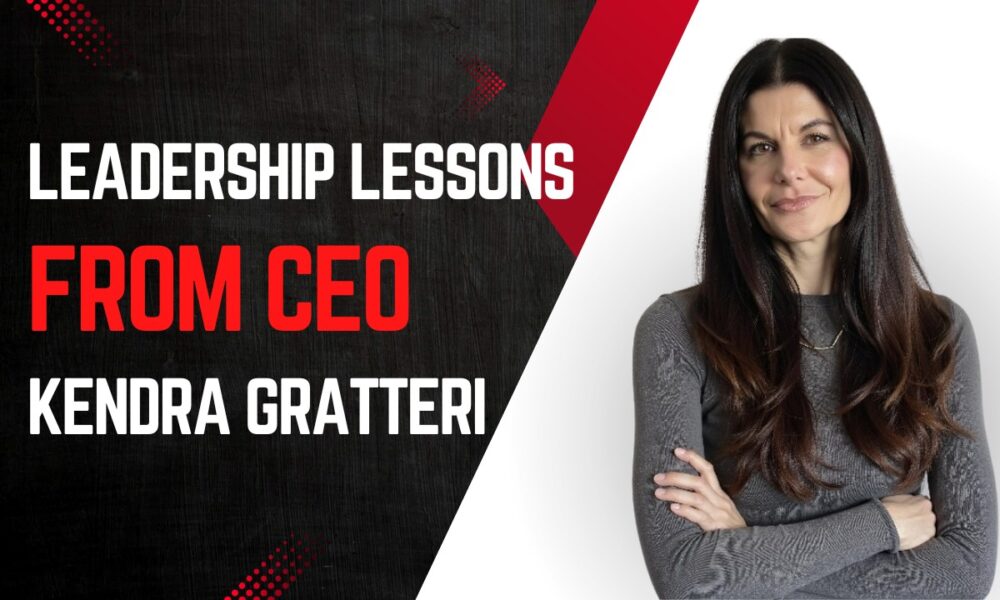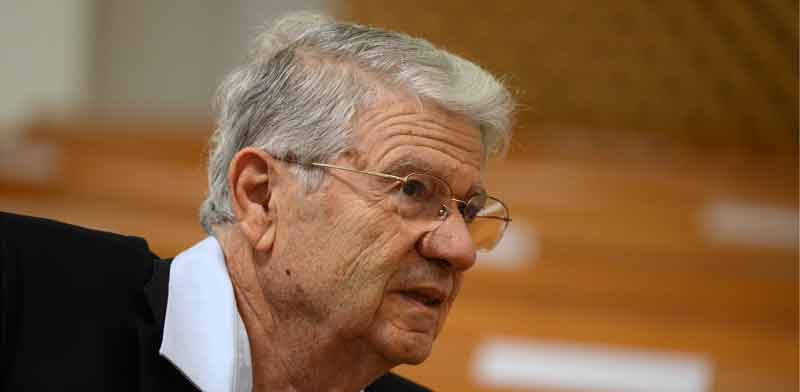Former Israeli Supreme Court President Aharon Barak will serve as the Israeli judge in the International Court of Justice (ICJ) in The Hague to hear South Africa’s charge that Israel has committed war crimes and genocide in the Gaza Strip. Prime Minister Benjamin Netanyahu has approved the appointment. The hearing will begin this week on Thursday and Friday with Israel represented by Prof. Malcolm Shaw, an expert in international law who will answer the charges on Friday. The hearing will be broadcast live on the ICJ’s website.
RELATED ARTICLES
Int’l Court of Justice ruling could limit IDF operations
Barak will be the 16th judge on the panel along with judges from the US, Russia, China, Somalia, Slovakia, France, Morocco, Lebanon, Japan, India, Brazil, Australia, Uganda, Jamaica and Germany. South Africa is also entitled to and expected to appoint a 17th judge.
Barak, 87, served on the Supreme Court until 2006. Prior to that he was the Attorney General. He is a professor of law and won the Israel Prize for Law in 1975. He currently lectures in Law at Reichman University and Yale University. He is considered the father of the “constitutional revolution” in which the court can strike down laws that are unconstitutional and which the current government tried to nullify over the past year led by Minister of Justice Yariv Levin’s judicial reform. Barak opposed the reform and supported the protests against it.
South Africa charges that Israel has used indiscriminate force, and forcibly expelled residents from their homes. In a detailed complaint, South Africa cites the harm caused to Gaza’s residents, including 21,000 killed. The charges refer to reports by the World Health Organization on the dangers of starvation and IDF operations focusing on civilian centers including courts, museums and mosques. South Africa has asked the court to issue an interim order to Israel urgently, ordering it to stop military operations in the Gaza Strip.
The danger confronting Israel is that the court will issue such an order that will limit its activities in the Gaza Strip in the fight against Hamas. The court does not impose sanctions, but it may turn to the UN Security Council to request enforcement. However, in the UN Security Council, the US has a right of veto, in contrast to its power in the ICJ, where it has one of 15 judges.
Published by Globes, Israel business news – en.globes.co.il – on January 7, 2024.
© Copyright of Globes Publisher Itonut (1983) Ltd., 2024.









